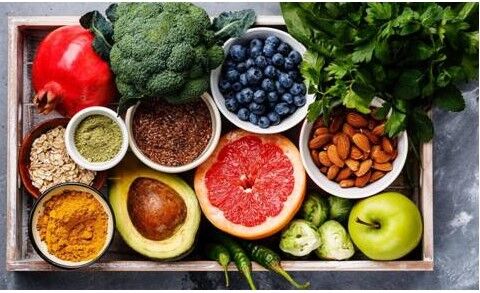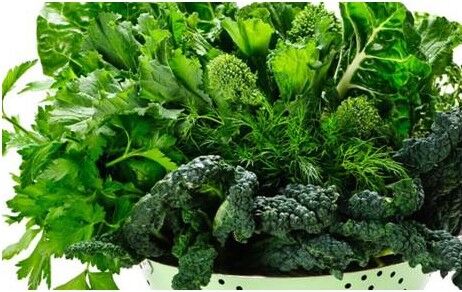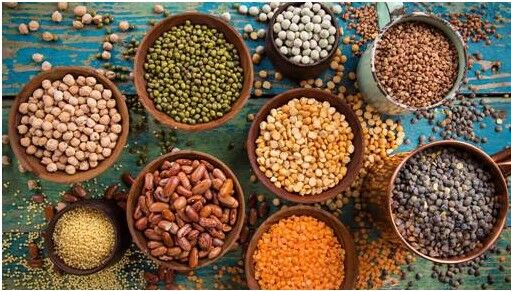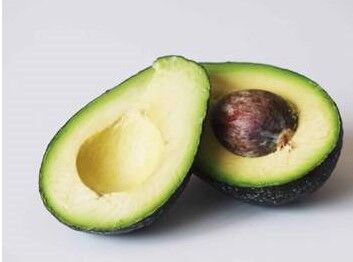Superfoods, it’s a phrase used often, but rarely defined. Originally the term superfood was used by The United Fruit Company in the early 20th century as a marketing gimmick to sell bananas… (marketers..sheesh). The term had little to do with any scientific or nutritional findings.
According to UC David, as the fruit’s popularity began to grow, the title superfood did also. In fact, for a time, physicians endorsed bananas as a means to combat a number of ailments, including celiac disease and diabetes. Prior to the discovery of gluten, the American Medical Association believed bananas in a child’s diet would provide relief for celiac disease or even cure it.
So what exactly is a superfood?

A superfood is defined as “a food that is rich in compounds considered beneficial to a person’s health,” according to the Merriam-Webster Dictionary. Better… Superfoods are foods — mostly plant-based but also some fish and dairy — that are thought to be nutritionally dense and thus good for one’s health.
If you are a reader of DRS articles, or new to DRS, all we promote are these types of foods. Plant-based foods/ veggies and fruits are natural superfoods because they are living organisms specifically designed to aid, support, and sustain your body, another living organism when ingested.
The concept is amazing and naturally makes sense right? A living organism is designed to aid, support, and sustain another living organism, and that living organism, in turn, reciprocates by protecting, nurturing, and cultivating the source of that organism’s life. i.e the planet.
But there are those who think they’re bigger than the simple plan and ignore the natural order of things. In their disobedience and disregard for the fundamental principles of life, they abuse the source of life and thus jeopardize the sources of our sustenance, believing they can create in a lab that which happens naturally, and they cannot.. something always goes wrong and those who are innocent suffer.
Why should we eat superfoods?

Technically there are no set criteria for determining what is a superfood according to the American Heart Association. “Superfoods don’t have their own food group,” says Despina Hyde, a registered dietician with the weight management program at New York University’s Langone Medical Center. “As a dietician, I think ‘superfood’ is more of a marketing term for foods that have health benefits.”
Diet Rite agrees, that’s why we speak of these types of foods as “Healthy Foods” and to consume them regularly, is what we call a healthy diet or to Diet Rite. Superfoods or healthy foods, nutritionally dense foods, contain a variety of nutrients, such as antioxidants, which are thought to ward off cancer.
These types of foods also have healthy fats, thought to prevent heart disease. They also contain fiber, thought to prevent diabetes and digestive problems; and phytochemicals — the chemicals in plants responsible for deep colors and smells, which can have numerous health benefits.
Another great benefit of eating nutrient-dense foods that contain fibers is fibers help you get full faster and stay full longer this allows you to eat less, which will assist you in losing weight. Also, feeling full longer can and should reduce you’re eating a lot of junk foods (empty calories).
While there is no single food that addresses all your health requirements or prevents the many things that can occur with your body, the combination of several healthy foods will provide amazing benefits to your body and can prevent many of the ailments we currently suffer from.
Again, the wonder of the plan… We need to eat several different foods to maintain good health, this also prevents you from getting bored with your dining. Different foods, different tastes, different benefits to your body, can you imagine a person saying they’re bored with the eating options a healthy diet provides? Here are 5 foods that you can eat that will help keep your body strong and functioning well, also remember there are different ways to prepare these so your dining experience can always be… interesting.
Dark Leafy Greens

Dark green leafy vegetables are an excellent source of nutrients including folate, zinc, calcium, iron, magnesium, vitamin C, and fiber. What makes Dark leafy greens so super is their potential to reduce your risk of chronic illnesses including heart disease and type 2 diabetes,
They also contain high levels of anti-inflammatory compounds known as carotenoids, which may protect against certain types of cancer.
Some well-known DGLVs include:
- Kale
- Swiss chard
- Spinach to name a few.
Some Dark leafy greens have a bitter taste and not everyone enjoys them plain. You can get creative by including them in your favorite soups, salads, smoothies, stir-fries and curries.
(A note from DRS. Dark leafy greens are a natural thing to eat, if you look in nature, many peaceful animals eat nothing but leafy greens. The deer, the cow, elephant, horses, giraffes. Dark leafy greens are a part of the natural order of things and consuming them keeps you in harmony with this natural order)
Legumes

Legumes, or pulses, are a class of plant foods made up of beans (including non-GMO soy), lentils, and alfalfa. They earn the superfood name because they’re loaded with nutrients and play a role in preventing and managing various diseases.
Legumes are a rich source of B vitamins, various minerals, protein, and fiber. Research indicates that they offer many health benefits including improved type 2 diabetes management, as well as reduced blood pressure and cholesterol
Eating beans and legumes regularly may also promote healthy weight maintenance, due to their ability to improve feelings of fullness
Avocado

Avocado is a highly nutritious fruit, though it’s often treated more like a vegetable in culinary applications. It’s rich in many nutrients, including fiber, vitamins, minerals, and healthy fats
Similar to olive oil, avocado is high in monounsaturated fats (MUFAs). Oleic acid is the most predominant MUFA in avocado, which is linked to reduced inflammation in the body
Eating avocado may reduce your risk of heart disease, diabetes, metabolic syndrome, and certain types of cancer.
Berries

Berries are a nutritional powerhouse of vitamins, minerals, fiber, and antioxidants. The strong antioxidant capacity of berries is associated with a reduced risk of heart disease, cancer, and other inflammatory conditions.
Berries may also be effective in treating various digestive and immune-related disorders when used alongside traditional medical therapies.
Some of the most common berries include:
- Raspberries
- Strawberries
- Blueberries
- Blackberries
- Cranberries
Whether you enjoy them as part of your breakfast, as a dessert, on a salad, or in a smoothie, the health benefits of berries are as versatile as their culinary applications.
Salmon

Salmon is a highly nutritious fish packed with healthy fats, protein, B vitamins, potassium, and selenium. It’s one of the best sources of omega-3 fatty acids, which are known for a variety of health benefits, such as reducing inflammation (39Trusted Source).
Including salmon in your diet may also lower your risk of heart disease and diabetes and help you maintain a healthy weight (40Trusted Source).
A potential drawback of eating salmon and other types of seafood is their possible contamination with heavy metals and other environmental pollutants like oil from oil spills. (Again our friends at work)
You can avoid potential negative effects by limiting your consumption of fish to two to three servings per week and try when you can to get wild salmon, you can generally tell by the deep red color how healthy the salmon is.
Honorable mention
If you read our article on Herbs and spices, you will see other great plant-based sources of nutrition like
- Garlic
- Turmeric
- Ginger
- Cumin
- Olive oil to name a few.
Conclusion
Research has shown that the ideal diet is one that is largely plant-based, with a wide variety of fruits, vegetables, whole grains, proteins, and healthy fats. While certain superfoods may provide additional benefits to healthy eating, variety and moderation are just as important to our dietary needs.
Variety not only in the foods we eat, but in the essential vitamins and minerals our bodies require, and moderation in how much (or how little) of a particular food we eat.

